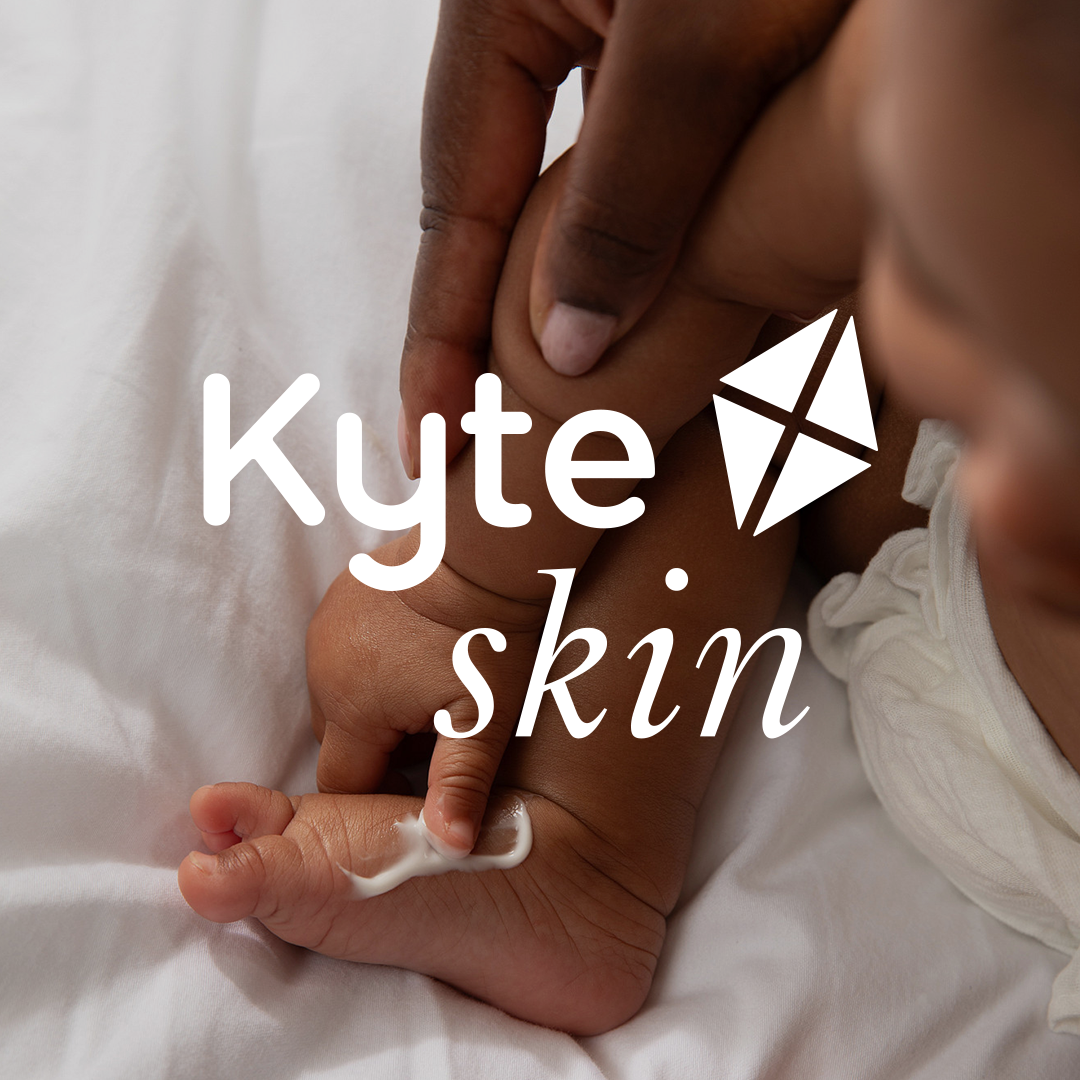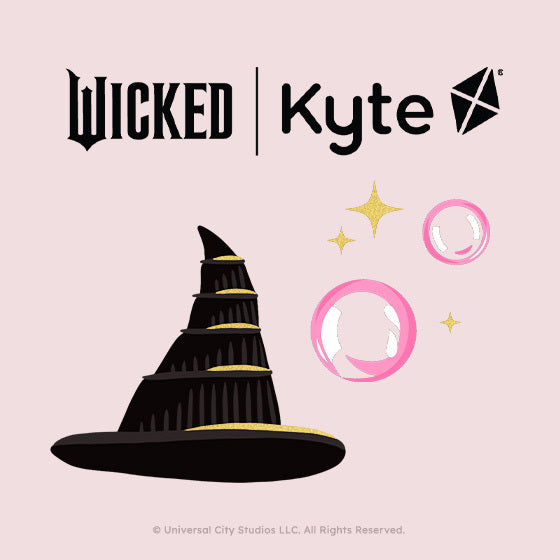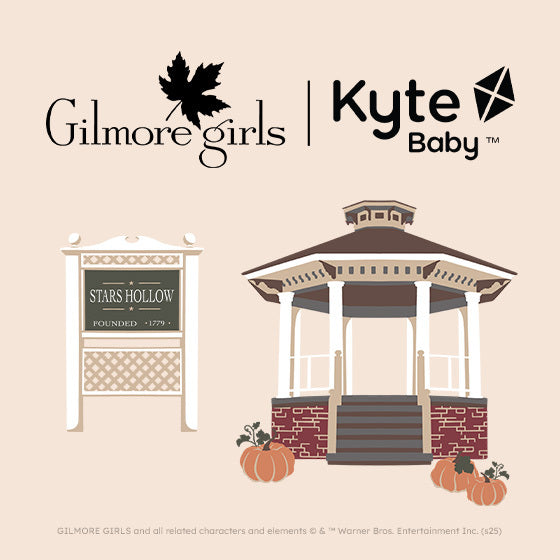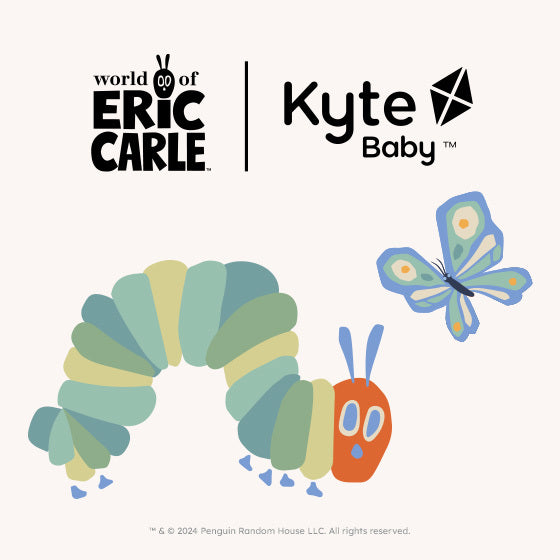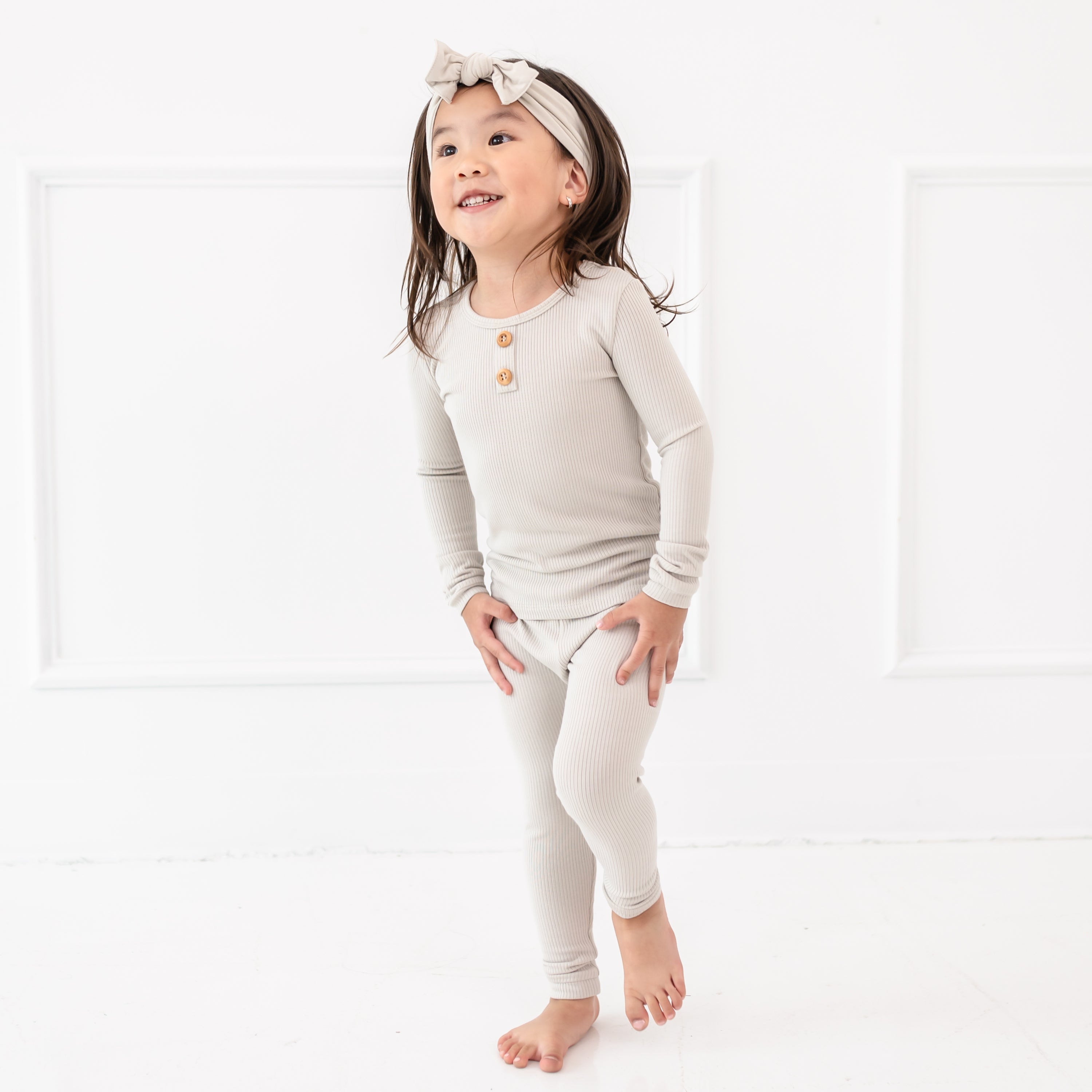Have you noticed a red, scaly, raised rash on your baby’s arms, legs, hands or face? Does it get worse randomly with no obvious cause? If so, it could be eczema. Eczema is a rough, inflamed, itchy rash that often appears before the age of 5, but 60% of cases with known allergies experience eczema symptoms before age 1!
Eczema is a chronic condition, meaning the symptoms come and go, and vary in severity. There is no known cure, but in cases of mild eczema, parents can often get the symptoms under control with home remedies. Lotions and creams that contain oatmeal or honey are popular for soothing the textured rash. Hydrocortisone and dermatologist-approved topical lotions are also effective.
If you suspect your child has eczema, ask yourself the following questions: Do you or your spouse have eczema or another skin disease? Does anyone in the home have food allergies, asthma or environmental allergies? If so, then your child may very well have eczema. According to the American College of Allergy, Asthma, and Immunology, children born into families that have a history of allergic diseases, such as asthma or hay fever, are at an increased risk for eczema. But the only sure way to know is to speak with an allergist. They will observe your baby’s skin, ask about your family’s medical history, and give a diagnosis.
Even with an eczema diagnosis, it can be hard to pinpoint what exactly causes it. In the meantime, here are five irritants that are known to trigger flare ups and make eczema symptoms worse.
Synthetic Fabrics
Believe it or not, your baby’s clothing could be causing breakouts. Synthetic fabrics can “suffocate” the skin, causing it to become irritated and itchy. Also, some synthetic fabrics contain a toxic preservative called formaldehyde. Look for clothing made from natural, soft materials. Our sleep sacks and layette are made from bamboo rayon, a breathable material that is grown without the use of harmful pesticides. Bamboo rayon is three degrees cooler than cotton, very soft and gentle on the skin, and naturally thermoregulating.
Irritable Chemicals In Skincare Products
If you read the ingredient labels on popular skincare products, chances are you won’t be able to pronounce half of them. This is not a good sign for you or your baby. According to the National Eczema Association, the following ingredients can trigger eczema flare-ups: isothiazolinones, cocamidopropyl betaine (CAPB), paraphenylene-diamine (PPD), formaldehyde and fragrances. If your baby has extremely sensitive skin, avoid these ingredients.
Dust Mites
Dust mites thrive in warm, humid climates and set up shop in bed linens, mattresses and pillows. Although dust mites are unlikely to be the main cause of eczema, they can worsen your child’s eczema if they are allergic. If you suspect that your child is allergic to dust mites, make sure to frequently wash their bedding in hot water. And as an extra precaution, purchase an organic crib mattress, which is made of natural materials that deter dust mites.
Food Allergies
Although food allergies don’t cause eczema, there is a strong link between the two. About 30 percent of infants with eczema develop food allergies, as opposed to 10 percent in the general population. Exposure to a food that your child is allergic to can worsen eczema, triggering flare-ups. And if your baby suffers from rashes that burn, scab or itch intensely, they are probably an excellent candidate for allergy testing.
Heat
Heat is another common trigger of eczema flare-ups. Being outside in warm temperatures can cause your baby to sweat, leading to stinging, itchy skin. Baths that are too warm can also irritate and dry out sensitive skin. But most importantly, overheating at night is a major culprit of eczema breakouts. Up to 83% of children who suffer from eczema have difficulty falling or staying asleep. Try switching their sleepwear and bedding to an eczema-friendly fabric, like bamboo, which cools and soothes the skin instead of causing further irritation.
Eczema is no fun, but with extra care, you can prevent scratchy, irritated skin and keep your child’s eczema in check.

